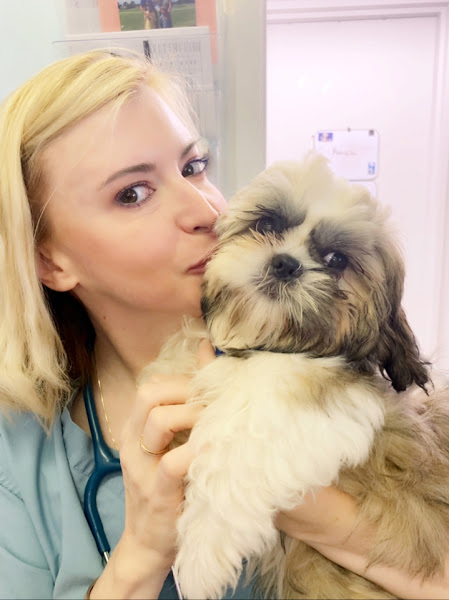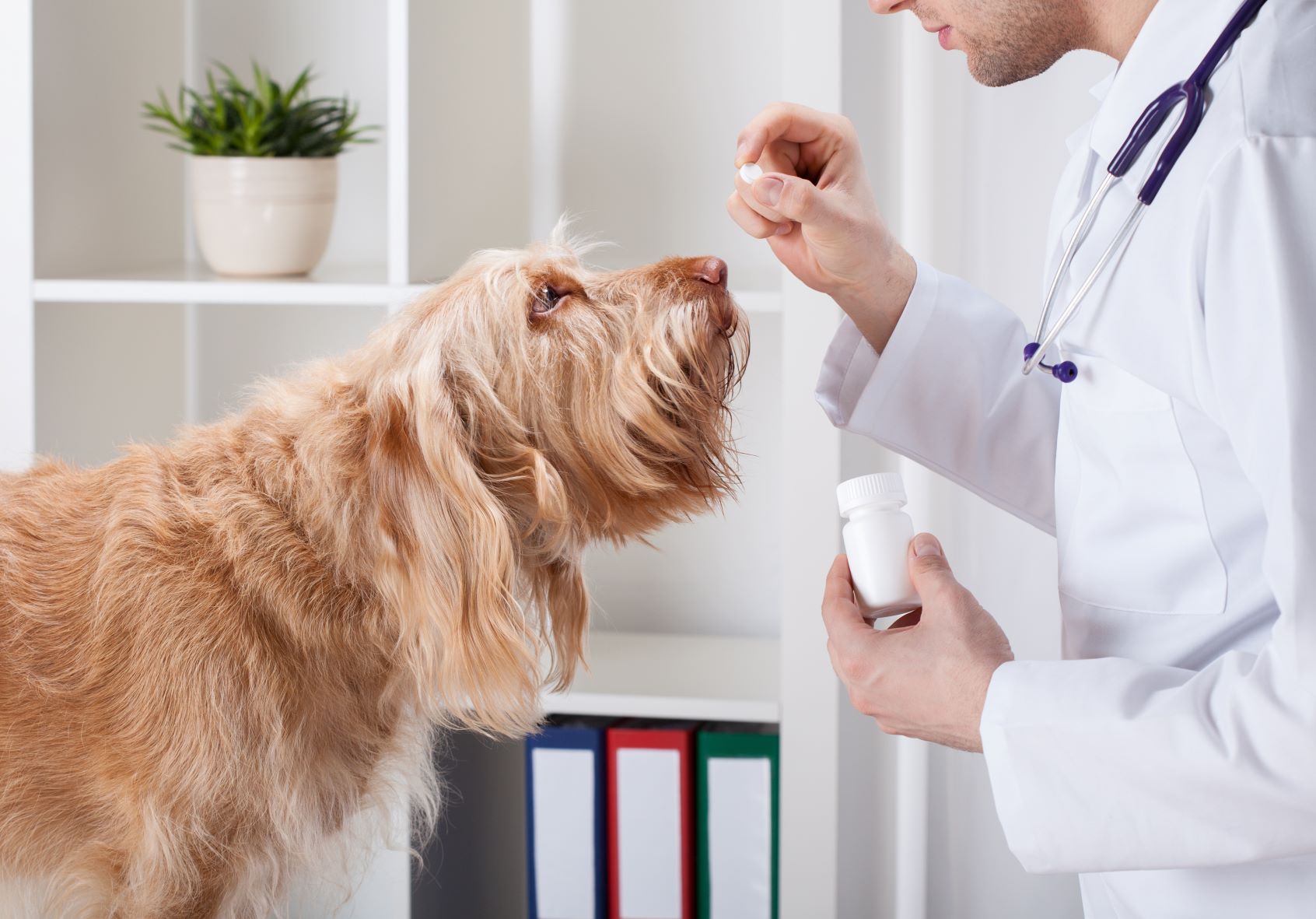Everyone wants to manage their expenses and save money. The good news is that there’s way to cut back on vet costs, while providing your pet with great care. The key is to provide your pet with regular preventative care. Preventative care does just what its name suggests – it can prevent diseases that can put your pet’s life in jeopardy and can be costly to treat. The cost of preventative care usually pales in comparison to the cost of treating a preventable disease or problem. But there’s a lot of information out there, how do you know what’s most important to the health of your pet? We have some tips to share to keep your pet healthy!
Annual Veterinarian Examinations
Just like most human doctors will tell you, prevention is one of the keys to long-term health. Regular exams and bloodwork often catch budding health issues that can evolve into bigger problems if left untreated. Finding and treating health issues early can save hundreds, if not thousands of dollars, and possibly save your pet’s life. Be sure to bring your pet to your veterinarian at least one a year for an exam. That exam should include a physical exam, fecal parasite exams, dental evaluation and sometimes bloodwork. And be sure to bring to your vet’s attention any unusual behavior your pet may have been exhibiting.
Some pets, depending on their life stage, lifestyle and health status may need to see a vet more frequently than once a year. Your pet’s veterinarian can recommend how often to bring him or her in.
Word of Caution – don’t resort to the internet to diagnose and treat your pet’s health without a veterinarian being involved. The internet can be full of unreliable information and is not a substitute for hands-on evaluation by your vet. It’s always great advice to be educated about your pet’s health, so consulting Dr. Google prior to, or after a visit with your vet, to learn more about specific conditions is not a bad thing as long as you are consulting reliable sites.

Vaccinations and Preventative Medications
Veterinarians emphasize that vaccinations as well as heartworm, flea and tick prevention is also key. Everyone knows that rabies vaccines are required, but vaccinating your pet against other potentially deadly diseases is also important. Those pet shots include distemper, lepto, parvo and panleukopenia. Other diseases may not be fatal, but can result in discomfort for your pet and additional vet bills for you. Those include canine influenza and Bordetella.
When it comes to heartworms, fleas and ticks; prevention is as simple as a regular dose of medications. Most veterinary practices sell these medications, but did you know that you can save a few bucks by choosing a brand that currently offers a manufacturer rebate? Oftentimes manufacturers of these popular medications offer mail in or instant rebates of as much as $50-$75! We keep a list of current manufacturer rebates on our website. Current specials include Heartgard, NexGard, Comfortis, Bravecto, Trifexis and Tri-Heart Plus.

Obesity
Pets, just like people, that eat a nutritious diet, exercise and maintain an optimal body weight tend to avoid additional health issues. Obesity increases the risk of heart disease, diabetes and joint disease including arthritis. The type of food you feed your pet can also help cut costs. Don’t assume that premium, or expensive food, is better. Marketing tactics can sometimes muddy the water here. Your veterinarian can provide guidance on the best nutritional options for your pet.
Specialty or Emergency Care
If your pet does get sick and requires specialty care, or has an emergency situation, it can be harder to manage costs without compromising your pet’s health. However, being proactive and getting your pet treatment as soon as possible can often help keep costs low. Oftentimes, if a condition is allowed to worsen, it can result in additional costs and discomfort to your pet. For example, have small tumors and lumps removed before the situation warrants a much more complicated procedure, or even becomes inoperable.
Also, ask your veterinarian about financial options. It’s ok to say “I can’t afford this”. That gives your vet the opportunity to discuss options. There may be a plan B treatment option that, while not as ideal as option A, is still better than taking your pet home and doing nothing. Also, many pets offer financing options such as CareCredit. Talk all of your options through with your vet.
The Bottom Line
The best ways to save money on pet care is to have your pet examined by a veterinarian regularly, keep them up to date on vaccinations, provide them with regular heartworm/flea/tick prevention, keep them at a healthy weight and to discuss alternative options with your veterinarian. You lower the odds of ending up with a sick pet if you are proactive about preventative healthcare. But, sometimes, no matter how diligent you are, your pet can become sick or injured. We recommend always having some rainy-day money set aside. That way should the occasion arise, you can afford the most technically advanced care available for your furry loved one.
Jacksonville Community Pet Clinics was originally founded in 2009 by 2 local residents as a mobile pet clinic providing affordable pet shots. We prospered by providing convenient, high-quality, low cost vet services to an underserved market of people from whom traditional vets were unaffordable. Eventually we opened our first brick and mortar clinic in Jacksonville Beach in 2001, and then followed with the west Jacksonville location in 2013. The goal for the clinics is to provide a full range of high-quality veterinary services to well and sick dogs and cats at affordable prices.


